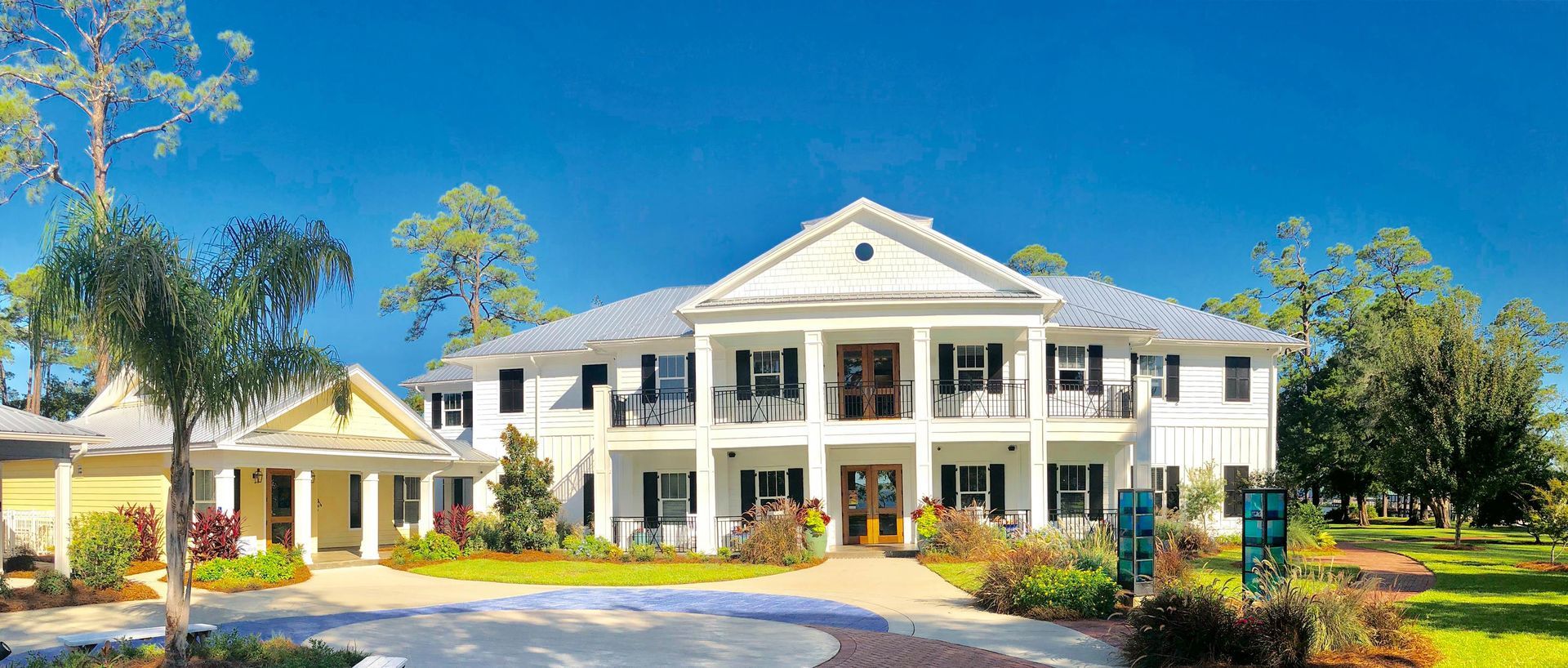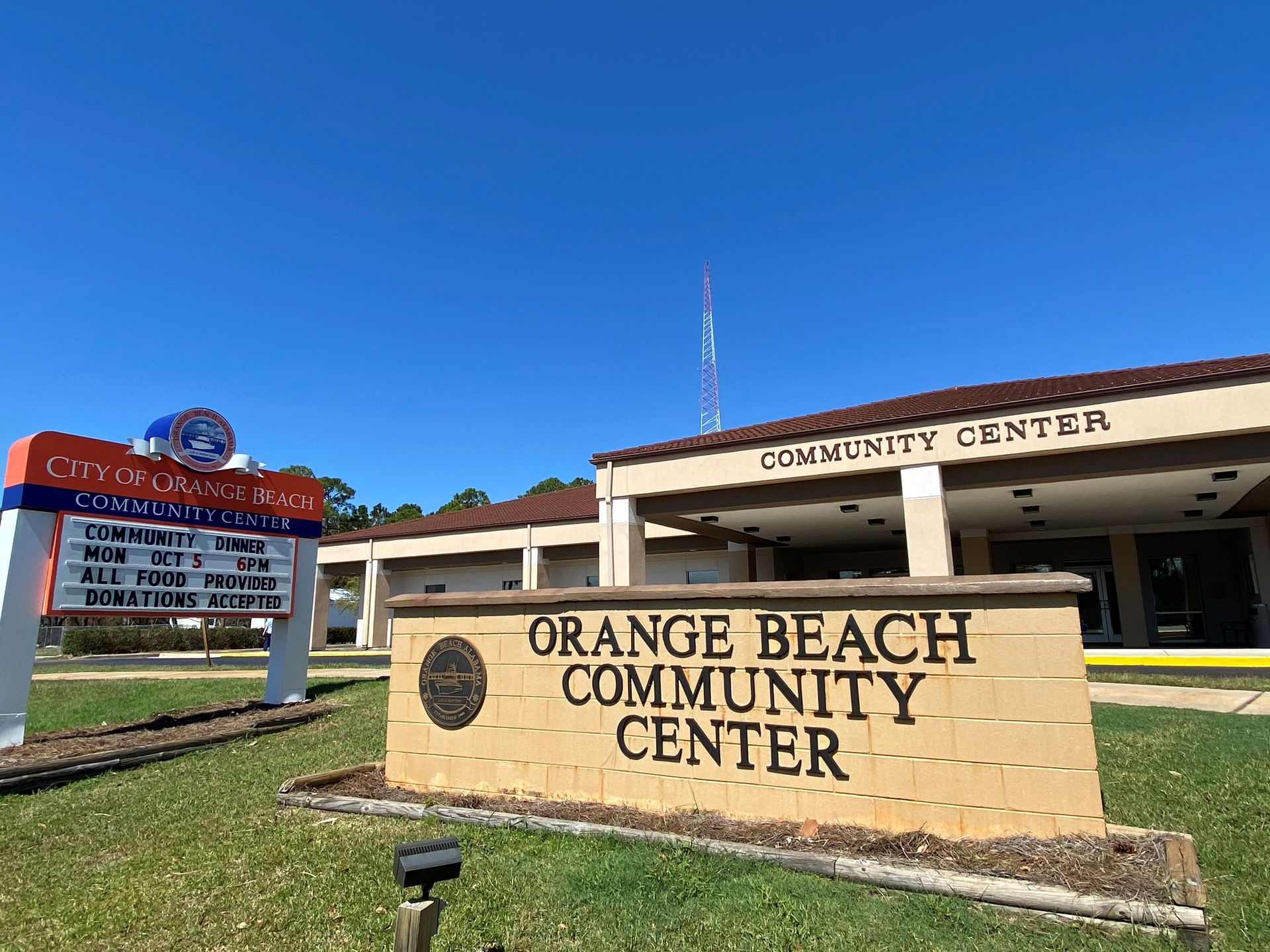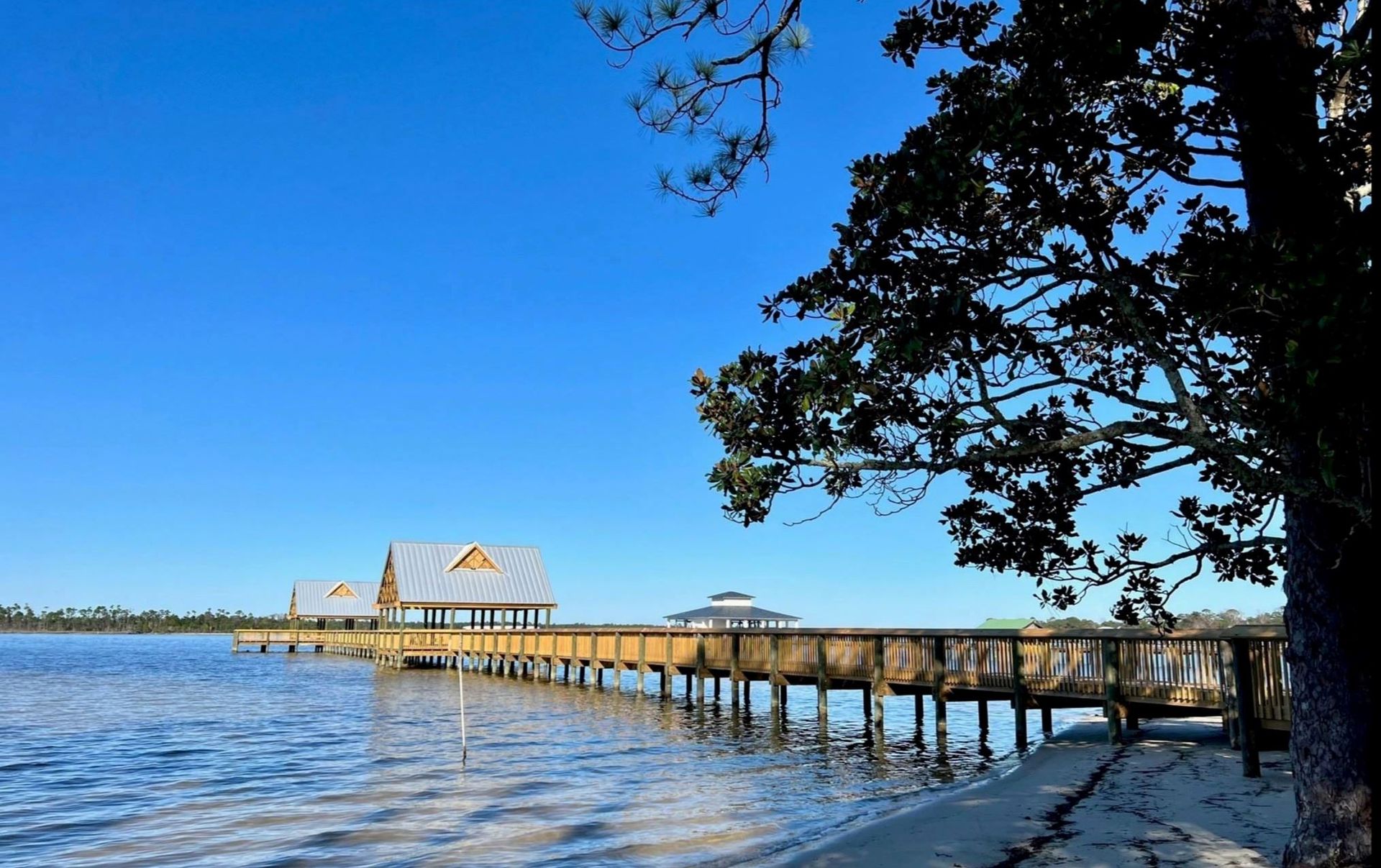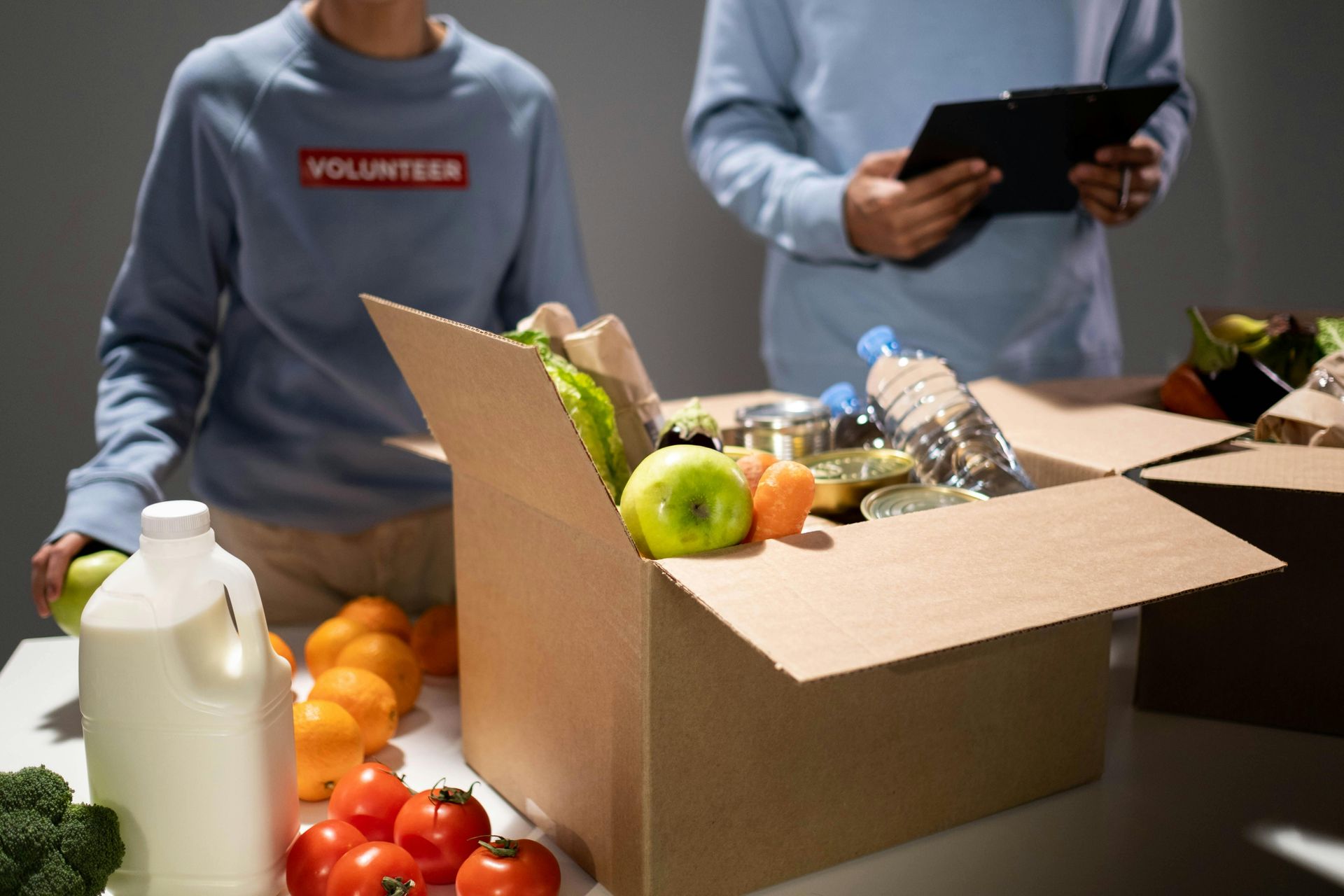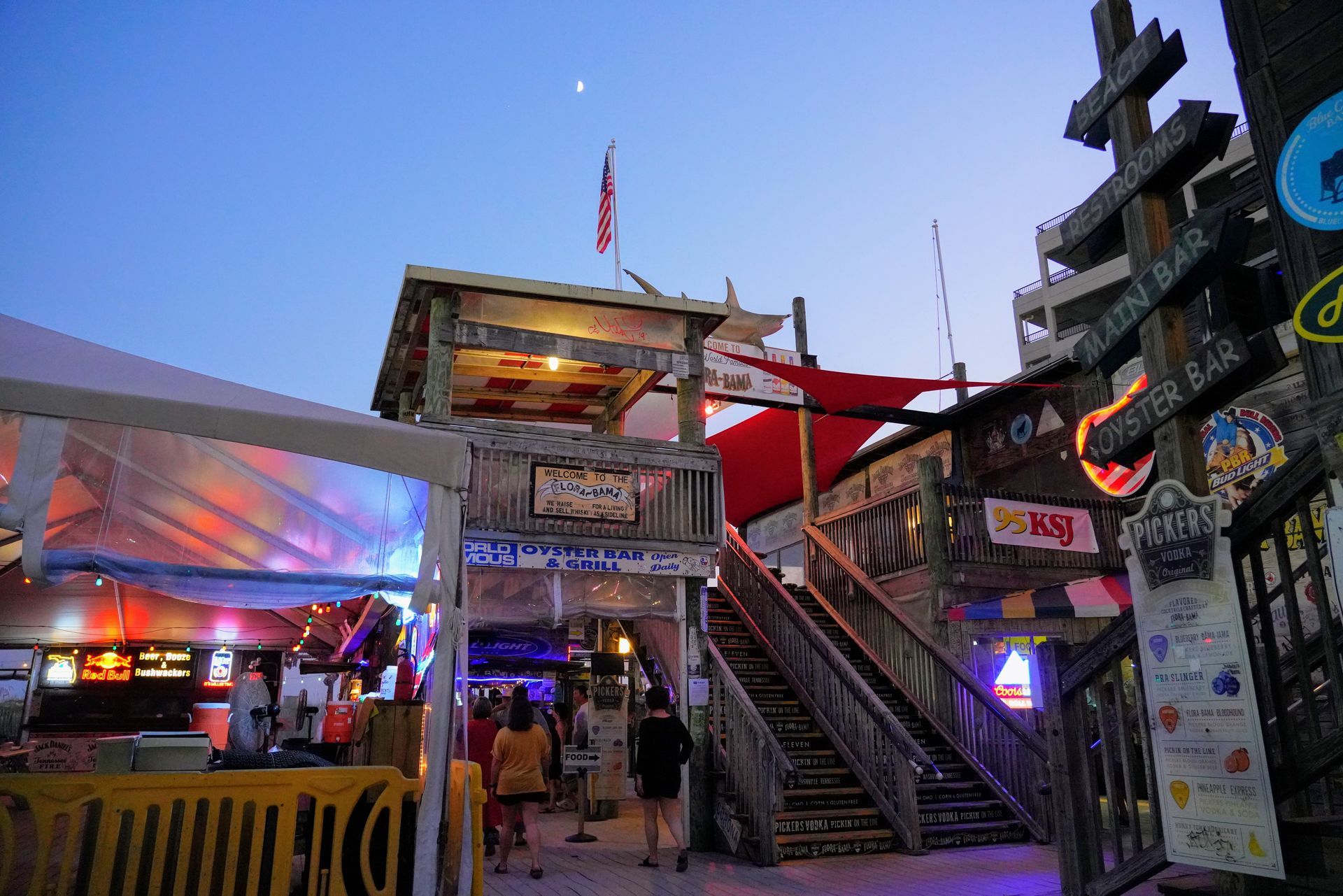Staying Cool on the Gulf Coast: How Residents Can Beat Extreme Heat
Gulf Coast heat and health risks

Orange Beach, Ala. — (OBA) — The Gulf Coast has experienced successive heat waves lately. Humidity increases the heat index—a measure that combines air temperature and moisture—and reduces the effectiveness of sweating. Consequently, moderate temperatures can feel significantly hotter, and high heat indexes above 105 °F can quickly become dangerous according to GAVI.org.
Follow the National Weather Service in Mobile for the latest weather and advisories.
People with chronic conditions such as asthma or COPD, older adults, pregnant women, young children and outdoor workers are especially vulnerable to heat‑related illness, and medications for these conditions may worsen heat sensitivity or require refrigerated storage. Extreme heat also stresses the power grid and increases the risk of outages, making preparedness vital according to the
CDC.gov website.
Also see: Alabama Officials Warn Public as Heat Reaches Risky Levels
Core strategies for staying cool
Stay in cool environments
- Seek air‑conditioned spaces – During extreme heat, the
CDC and the
National Weather Service advise staying in air‑conditioned buildings whenever possible. People without home air conditioning should identify a cooler place—such as a mall, library, church, community center, or official cooling shelter—and make transportation plans.
- Use fans with caution – Fans move air and enhance sweat evaporation, but at indoor temperatures above about 90 °F they can actually increase body heat. CDC guidance warns against using fans as a primary cooling device when indoor air is over 90 °F because they may accelerate dehydration. The
Gavi/Conversation article notes that fans can become dangerous around 95 °F. Fans are most useful for circulating cool air from an air‑conditioner or drawing in cooler morning air.
- Schedule activities when it’s cooler – Government agencies like the
CDC and
Weather.gov recommend performing outdoor work or exercise during the cooler hours of early morning or evening and resting in shade during the hottest parts of the day. Pensacola tourism officials advise beachgoers to plan outings in the morning or later in the day; the midday hours are best spent in the water or in air‑conditioned attractions like museums.
Hydrate and pay attention to nutrition
- Drink water frequently – Staying hydrated is the most important defense against heat illness. The
CDC and
Red Cross recommend carrying a water bottle and drinking fluids regularly—even when not thirsty—while limiting caffeinated or sugary beverages. Workers or athletes should drink at least 8 oz of water every 20 minutes. Lightly colored urine indicates adequate hydration; dark yellow urine suggests dehydration.
- Replace electrolytes – During prolonged sweating, the body loses salt as well as water. The
CDC suggests replenishing electrolytes with diluted sports drinks or other balanced fluids. Sugary drinks should be limited because they can contribute to dehydration.
- Eat light meals – The
National Weather Service suggests choosing light, easy‑to‑digest foods such as fruits and salads and storing food in a cooler when outside. Heavy meals and high‑protein diets increase metabolic heat.
Dress and protect skin
- Wear loose, light‑colored clothing –
Ready.gov suggests wearing lightweight, loose‑fitting and light‑colored clothing helps reflect sunlight and allows sweat to evaporate. Hats, sunglasses, and sunscreen with at least SPF 15 protect skin and eyes from sunburn, which can impair the body’s ability to cool itself.
- Use sunscreen and seek shade – Also according to
Ready.gov, apply broad‑spectrum sunscreen and reapply every two hours. Limit direct sun exposure by staying in shade, using umbrellas or wearing wide‑brimmed hats. Pensacola’s tourism office encourages visitors to plan beach activities around the sun’s trajectory and use shaded picnic areas.
Recognize and respond to heat illness
The CDC warns that heat illness is progressive. Early signs include muscle cramps, heavy sweating, and fatigue. Heat exhaustion presents with cool, moist skin, headache, nausea, and dizziness; moving the person to a cooler place, loosening clothing, and providing water can help. Heat stroke is a medical emergency marked by high body temperature, confusion or unconsciousness, and possible dry or red skin; immediate cooling (ice packs or a cool bath) and calling 911 are essential.
Keeping homes cool and preserving air conditioners
Block heat from entering
- Shade windows and roofs – Architectural experts told
NPR that external window shades that drop vertically block sunlight and heat, reducing indoor temperatures. Roofs receive the most solar radiation; coating a roof with a white or silvery reflective material reflects heat back into the atmosphere. Planting trees and expanding urban tree canopies also provide shade and lower ambient temperatures.
- Close curtains and improve insulation –
Scientific American reports that blackout curtains and reflective window coatings can significantly reduce indoor heat gain. Weather stripping around windows and sealing cracks prevent cool air from escaping. Good attic and wall insulation keeps homes cooler in summer and warmer in winter.
- Ventilate strategically—Scientific American suggests that you use window fans to draw in cool morning air and exhaust hot air early in the day, then close windows and curtains as temperatures rise.
Maintain and operate air‑conditioning systems
The Gulf Coast’s high humidity, salt air and pollen put extra strain on air‑conditioning systems. Local HVAC specialists recommend several maintenance measures:
Replace air filters monthly
Moisture, pollen, and pet dander quickly clog filters in coastal Alabama; using a MERV 8 or higher filter improves air flow and indoor air quality.
Clear vegetation around outdoor units
Keeping at least 2–3 ft of clearance around the condenser prevents debris from blocking airflow.
Check thermostat settings
Set thermostats to “AUTO” instead of “ON” and ensure accurate calibration; smart thermostats help regulate cooling cycles efficiently.
Flush condensate drain lines
Humidity creates moisture that can lead to algae and mold; flushing with vinegar or having a professional flush prevents clogs and leaks.
Seal and insulate ductwork
Leaky or poorly insulated ducts can waste up to 30 % of cooled air, especially in hot attics.
Clean coils and check electrical connections
Dirty evaporator and condenser coils reduce heat transfer; routine cleaning and checking for loose wires prevent breakdowns.
Top off refrigerant and schedule professional tune‑ups
Low refrigerant can hamper cooling; regular tune‑ups catch issues before they cause system failure.
Residents should also avoid common mistakes like setting thermostats too low (below 68 °F), blocking vents with furniture, or postponing maintenance until breakdowns occur. Regular maintenance not only keeps homes cool but also reduces energy bills and prevents emergency repairs during heat waves.
Use appliances wisely
According to Scientific American, heat‑producing appliances like ovens, stoves and clothes dryers should be used during cooler evening hours to reduce indoor heat and avoid stressing the power grid. Microwave ovens and toaster ovens generate less heat. LED lighting emits less heat than incandescent bulbs and can help reduce room temperature.
Staying connected and looking out for others
Extreme heat is an invisible threat that kills hundreds of people in the United States each year. Public health agencies emphasize building community resilience:
- Check on vulnerable neighbors—The
Red Cross urges people to contact family, friends, and neighbors—especially those without air conditioning or living alone—during heat events. Have a list of people to check on and help them make a plan for cooling and hydration.
- Never leave children or pets in cars – The
Red Cross warns that car temperatures can reach 120 °F quickly; children and pets should not be left in vehicles even briefly. Provide pets with shade and plenty of cool water.
- Know community resources – Dial 211 to locate cooling centers, water distribution sites, or assistance programs. Download the
Red Cross First Aid and Emergency apps for real‑time alerts and first‑aid guidance.
- Prepare for power outages – The CDC advises that you should keep medications cool, have backup batteries for medical equipment, and ensure you have supplies for at least several hours without electricity.
Share this article w/ Friends...


